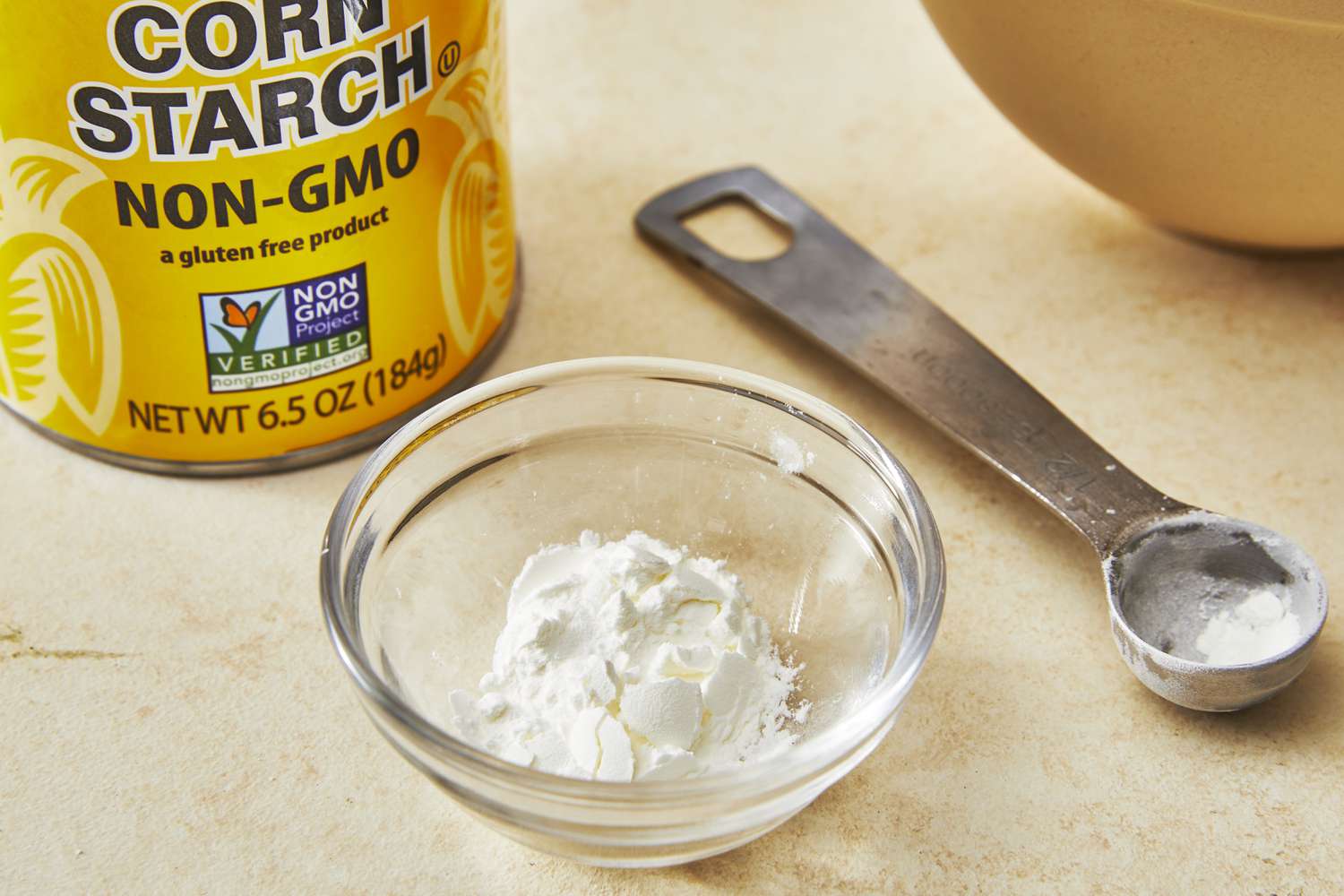
Ever wondered what's really in that white, powdery substance we all know as corn starch? Sure, it's a go-to for thickening sauces and gravies, but what about its nutritional value? Corn starch is low in fat and protein but high in carbohydrates and calories. It's a staple in many kitchens, yet its nutritional profile is often overlooked. In this blog post, we're diving into the 17 best corn starch nutrition facts that might just surprise you. From its calorie count to its lack of essential nutrients, we'll cover all the bases, giving you the lowdown on what corn starch can and can't offer your diet. Ready to get the scoop on this common kitchen ingredient? Let's get started!
Key Takeaways:
- Corn starch is a high-energy, gluten-free thickening agent used in cooking and manufacturing. It's high in carbs, so use it in moderation, especially if monitoring blood sugar levels.
- Corn starch is versatile, providing a clear, glossy finish to sauces and glazes. It's derived from corn, offering sustainability and biodegradability benefits in certain products.
What is Corn Starch?
Corn starch, derived from the endosperm of corn kernels, serves as a popular thickening agent in cooking and baking. Its versatility extends beyond the kitchen, playing a role in manufacturing and even in the formulation of certain health products.
Nutritional Profile of Corn Starch
- Calories: A single tablespoon of corn starch contains about 30 calories, making it a high-energy food in small quantities.
- Carbohydrates: With nearly 7 grams per tablespoon, corn starch is almost purely carbohydrate, offering quick energy but little else nutritionally.
- Protein and Fat: Corn starch has negligible amounts of protein and fat, emphasizing its role as a source of carbs.
Health Benefits and Considerations
- Gluten-Free: For those with celiac disease or gluten sensitivity, corn starch is a safe thickening agent and cooking ingredient.
- Glycemic Index: High in the glycemic index, corn starch can cause spikes in blood sugar levels, which is a consideration for individuals with diabetes.
- Digestive Health: While not a source of dietary fiber, corn starch can sometimes be used in medical settings to help manage diarrhea or other digestive issues.
Uses in Cooking and Beyond
- Thickening Agent: Corn starch is commonly used to thicken sauces, gravies, and soups without altering their taste.
- Baking: In baking, it's used to soften the texture of cakes and pastries.
- Non-Food Uses: Beyond the kitchen, corn starch finds applications in the manufacturing of biodegradable plastics, textiles, and as a grooming aid in various health and beauty products.
Corn Starch vs. Other Thickeners
- Versatility: Compared to flour and other thickening agents, corn starch has a neutral flavor and a more powerful thickening ability gram for gram.
- Clarity: It provides a clear, glossy finish to sauces and glazes, whereas flour can make them appear cloudy.
Nutritional Tips and Considerations
- Moderation: Due to its high carbohydrate content and lack of fiber, corn starch should be used in moderation, especially for those monitoring their blood sugar levels.
- Allergy Information: While corn starch is gluten-free, those with corn allergies or sensitivities should avoid it.
- Substitutions: For a healthier alternative, arrowroot powder or tapioca starch can be used in some recipes, though the results may vary.
Environmental Impact
-
Sustainability: Corn starch is derived from corn, a crop that can be grown sustainably, but its production also raises concerns about GMOs and the use of pesticides.
-
Biodegradability: Products made with corn starch, like certain plastics, are often more biodegradable than their conventional counterparts, offering an environmental benefit.
-
Economic Factors: The production and processing of corn starch provide economic benefits to farmers and manufacturers, contributing to its widespread availability and use in various industries.
Corn starch, with its unique nutritional profile and wide range of applications, continues to be a staple in both the culinary and industrial worlds. Whether used in the kitchen for its thickening properties or in manufacturing for its biodegradable qualities, corn starch plays an essential role in our daily lives.
A Final Scoop on Corn Starch Nutrition
Corn starch might just seem like a simple thickener for your gravies and sauces, but it's packed with surprises. With zero grams of fat and protein but high in carbs, it's a go-to for quick energy but not much else nutritionally. Remember, moderation is key due to its high calorie and carb content with little fiber. Ideal for those needing a gluten-free option, it's a versatile ingredient in kitchens worldwide. So, next time you're reaching for that box of corn starch, think about the energy boost it provides, but also remember to balance it out with fiber-rich foods. Corn starch has its place in a balanced diet, especially for specific dietary needs, making it more than just a culinary sidekick.
Frequently Asked Questions
Was this page helpful?
Our commitment to delivering trustworthy and engaging content is at the heart of what we do. Each fact on our site is contributed by real users like you, bringing a wealth of diverse insights and information. To ensure the highest standards of accuracy and reliability, our dedicated editors meticulously review each submission. This process guarantees that the facts we share are not only fascinating but also credible. Trust in our commitment to quality and authenticity as you explore and learn with us.
